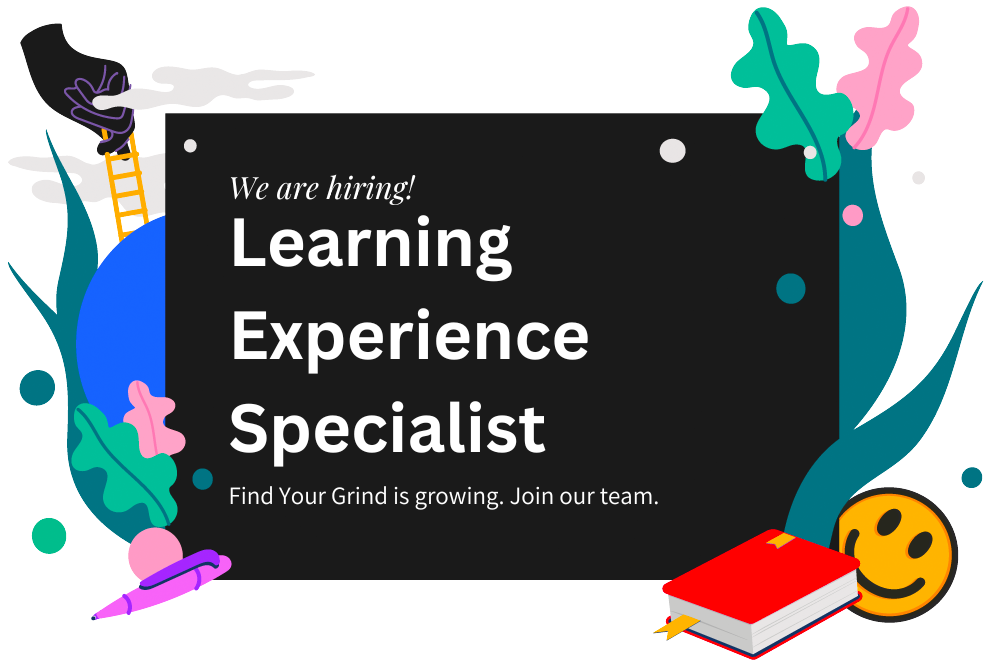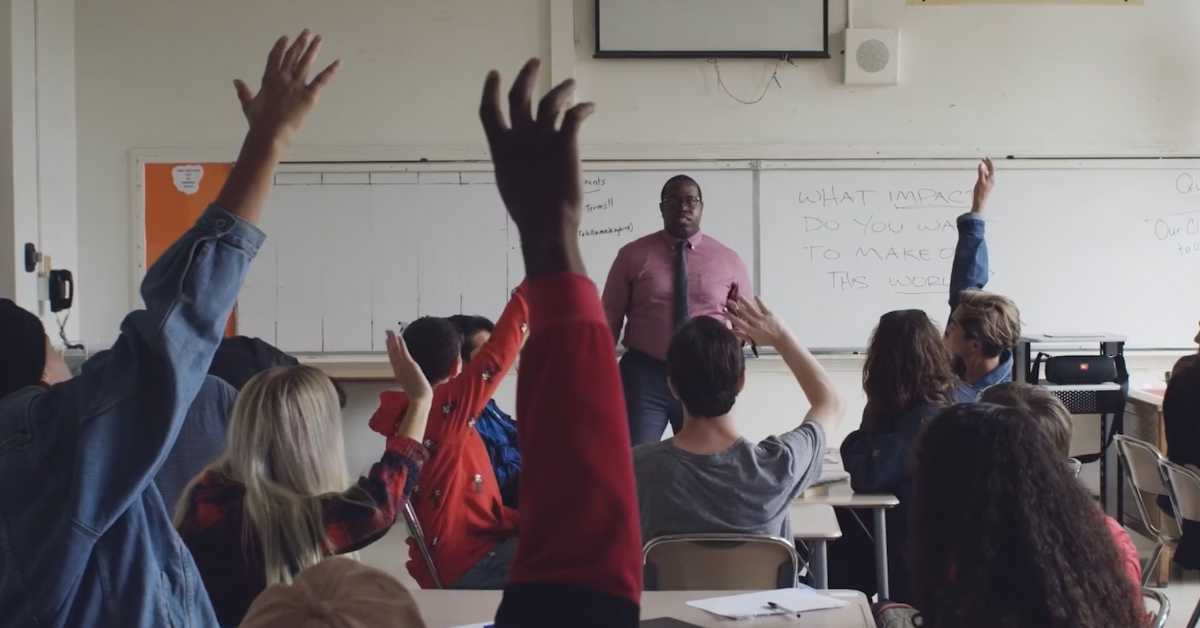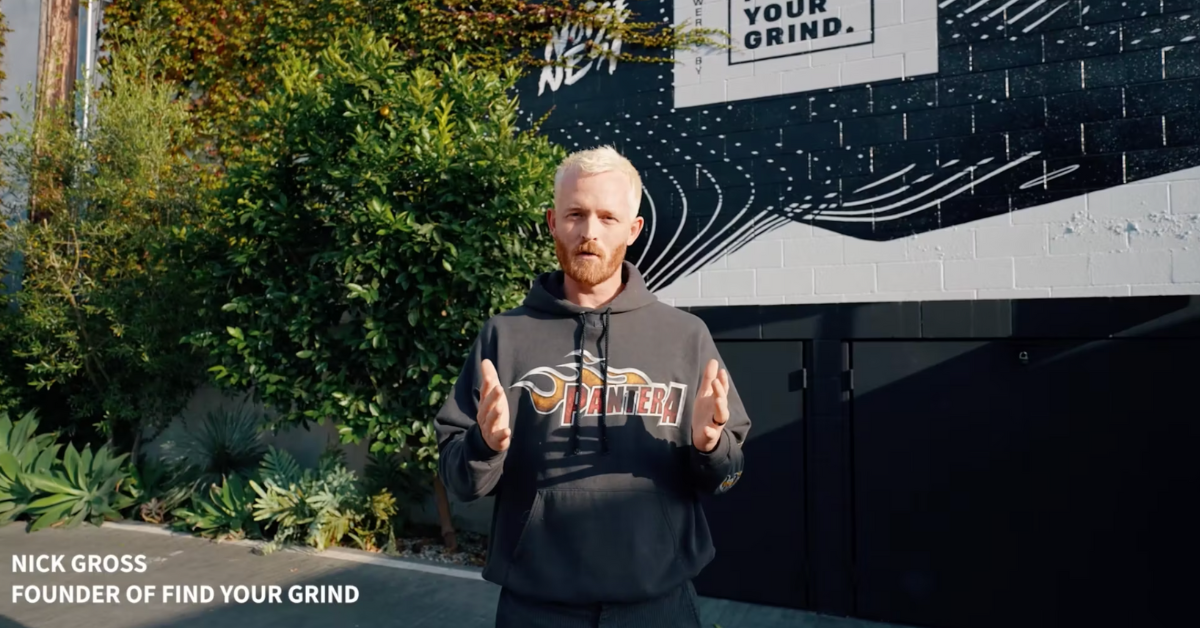May 29, 2024 | Harold Hare
Career Fairs are Broken: How to Reinvent Your Next Career Event
The Problem with Traditional Career Fairs
As someone who has attended countless traditional career fairs, both as a student and as a professional, I can confidently say that the traditional model is broken. The booths, the hurried conversations, the endless distribution of branded trinkets—it all feels surface-level and gimmicky. Instead, we should actually be preparing students for today’s fast-paced, ever-evolving job market. This requires a new two-fold approach. First, we need to prepare students beforehand with knowledge about who they are and what they love to do. Then, after doing a bit of self-reflection, students can begin to explore the ‘work’ in a career. Yes, the work, not the shiny ‘title’. In other words, the skills, daily duties, and actual labor one would do in a certain career path.
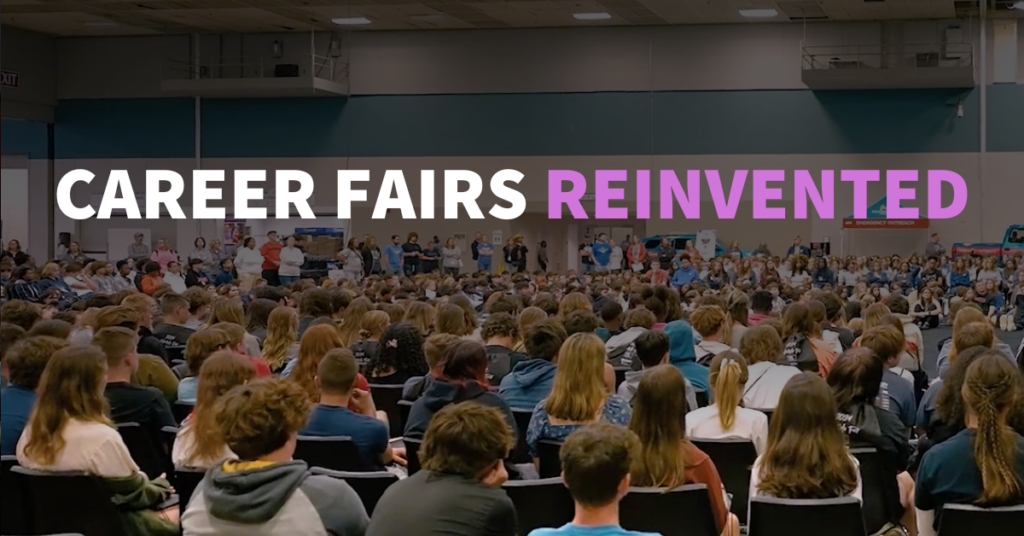
By adopting this approach, career fairs can genuinely fulfill their promise of bridging the gap between education and employment. Instead of students entering with high hopes and leaving with a handful of business cards and a vague sense of direction, we need to facilitate essential introspective pre-work. This way, students can arrive with a deeper understanding of who they are. By reflecting before the event, students can shift their mindset from merely landing a job to discovering a career path that aligns with their passions and strengths.
First, Focus on Self-Awareness
Before students can make informed career choices, they need to be self-aware. Self-awareness is the foundation upon which a successful career is built. It involves understanding one’s own personality, strengths, weaknesses, values, and interests. Without this self-knowledge, students are likely to choose career paths that don’t truly align with who they are, leading to dissatisfaction and burnout.
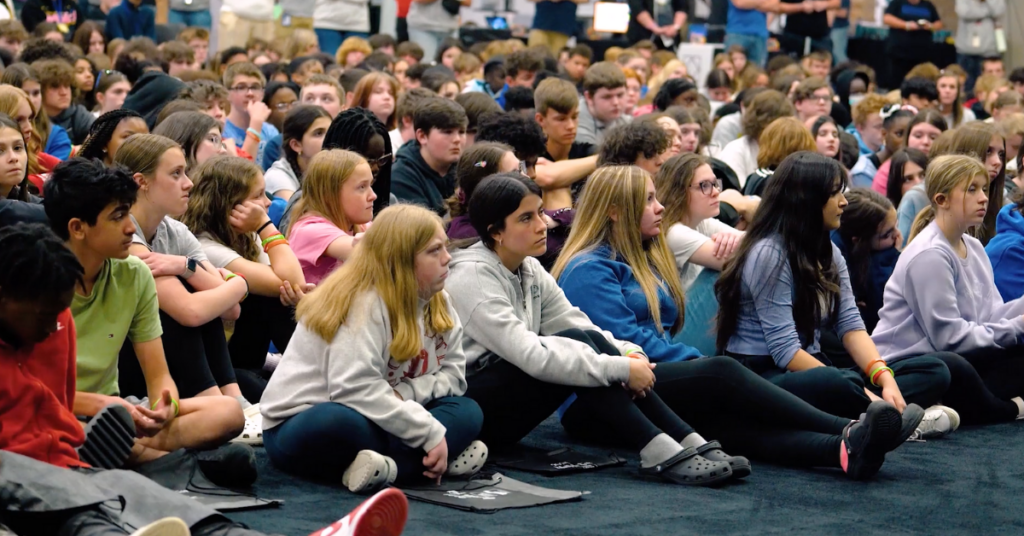
To foster self-awareness, educational institutions and career services need to integrate self-assessment tools and reflective practices into their programs. For example, workshops, seminars, and courses that encourage students to explore their identities and aspirations can be incredibly beneficial. Many of our partners use Find Your Grind as a core curriculum for these courses. Find Your Grind focuses on “Future Readiness,” or the idea that we need to know ourselves, our strengths, and our passions before taking the career leap. By understanding themselves better, students can make more informed decisions about their career paths, leading to greater satisfaction and success in the long run.
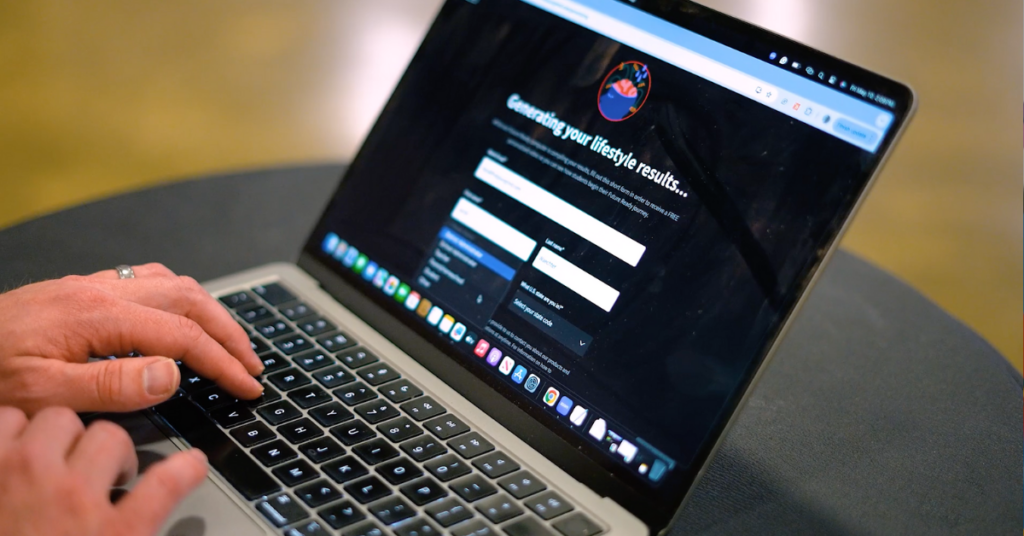
Therefore, before your event, make sure to encourage students to spend time taking an inventory of their personality, passions, desires, and skills. This process of inner analysis can be a simple reflection journal, structured soul-searching, or an external tool like Find Your Grind’s Lifestyle Assessment. What’s most important is that students need to know what career fits within their desired lifestyle before stepping through the door.
The Key: Self-Awareness + Actual Practice
Now that students have done some self-reflection, what’s next? We recommend helping local industry experts put a new twist on career fairs by matching students’ “lifestyles” or personal strengths to different jobs. For example, to be a banker, students should enjoy and be skilled at analyzing data. Therefore, a local bank would advertise itself as a recommended site to visit for someone who considers themself an analyzer. At Find Your Grind, we’ve even renamed our career fairs as “lifestyle fairs” to ensure that it’s clear this is about more than job titles.
Once students arrive at the bank’s booth, rather than simply telling them about life at the bank, have them practice! Engage students in a finance simulation. Set up a game to see who can complete a series of calculations the quickest for a prize. Have students role-play and convince a friend to open up a savings account. Read more about how Montgomery County in Ohio used ideas like these to revamped their career fair into a Lifestyle Fair here. Again, Lifestyle Fairs go beyond the conventional career fair format. They are designed to help students and job seekers understand themselves better and connect this self-awareness to potential career paths. These events emphasize holistic development, personal growth, and practical experiences, making the career exploration process more engaging and effective.
Moving Towards Meaningful Experiences
By reimagining career fairs as Lifestyle Fairs with a focus on self-awareness and activation activities, we can create more effective and meaningful career exploration experiences. This new approach helps individuals find careers that align with their true selves and equips them with the skills and connections needed for long-term success.
It’s time to move beyond the traditional career fair model and embrace a more holistic, engaging, and personalized approach to career development. Let’s create events that inspire, empower, and truly prepare participants for the dynamic world of work.
To find out more how Find Your Grind can be used to support your next career event or career class get in touch now!
